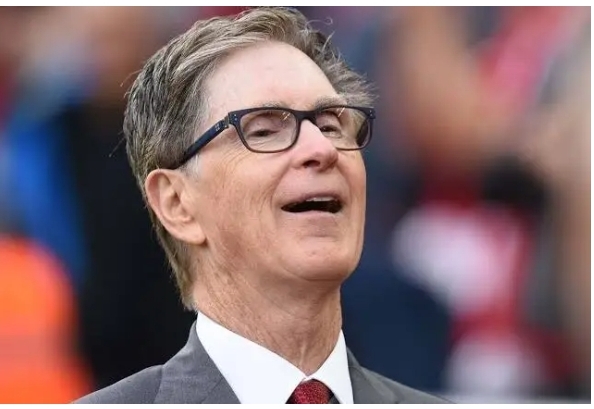Liverpool are based on Merseyside but increasingly are a truly global institution – and their appeal is being reflected in the club’s balance sheet.

In 2022-23, the last financial year on record, Liverpool posted club-record revenues of £594m, up by nearly £150m on a comparable pre-pandemic season.
Even without Champions League cash in 2023-24, the Merseysiders will likely hit the same heights in 2023-24, partly thanks to improved commercial and matchday income.
2024-25 is Liverpool‘s first full season playing in front of 61,000 supporters at Anfield, while revenue from sponsorship, merchandise and events will comfortably surpass £300m. In terms of commercial partnerships, Liverpool’s biggest deal is the long-standing front-of-shirt agreement with financial services firm Standard Chartered at £50m per season.
Liverpool’s deal with Nike meanwhile is a more modest £30m per season, with the club having accepted a lower base rate in exchange for a bigger cut of units sold. As owners FSG want Liverpool to be self-sufficient, every penny in commercial income is crucial for the playing budget overseen by Arne Slot, Michael Edwards and Richard Hughes. With that in mind, the latest news may pique the interest of supporters keen to see greater investment than they did over the summer.
Liverpool chief asked about £250m commercial deal
Liverpool have been allied with Nike since the outset of the 2020-21 campaign. The partnership has routinely been hailed as successful by both parties, especially in terms of collaborations between Liverpool shareholder and Nike-sponsored NBA legend LeBron James.
However, reports emerged earlier this year Liverpool would part ways with the American sportswear titans at the end of the season in favour of a new deal with Adidas.TBR Football understands that these stories are accurate.
A few months later, Liverpool promoted Ben Latty, formerly a commercial director, to the role of chief commercial officer.In a rare interview with Dave Powell’s The Bottom Line, Latty gave an overview of the club’s commercial landscape, touching on the club’s ambition to become an entertainment brand, their content strategy and compliance with FFP.
Asked about the reports that claim a deal between Adidas and Liverpool has already been agreed in private, Latty diplomatically sidestepped the question“We’ve had really successful kit launches with Nike over the in the last few weeks,” he said.“Our focus at the moment is delivering with Nike.
We’ve got some exciting collaborations with them coming up as well.”Latty’s evasiveness is understandable given the commercial sensitivity of the topic at hand, as well as the fact that the new deal with Adidas will allegedly be worth £250m over five years.
Liverpool’s PSR positionUnder the Premier League’s Profit and Sustainability Rules (PSR – formerly FFP), Liverpool are allowed to lose no more than £105m over a rolling three-year period.
UEFA’s system has a lower but more flexible loss limit and they are also phasing in a squad cost rule that this season limits clubs to spending 80 per cent of turnover on wages, transfers and agent fees.The Premier League are trialling a similar system on a non-binding basis this season and are expected to roll it out for real in 2025-26.
PSR issues have been cited by many clubs as a reason for more modest spending over the summer, and some commentators and supporters have suggested this might be the case with Liverpool.
Liverpool more or less broken even in terms of their spending in the window.The departures of Sepp van den Berg and Fabio Carvalho offset the arrivals of Giorgi Mamardashvili and Federico Chiesa from Valencia and Juventus respectively.
However, Liverpool’s frugality is not down to PSR.Only Brighton and Man City have more PSR headroom than Liverpool in the Premier League, thanks to the self-funding approach championed by FSG.
Finance expert and former Man City adviser Stefan Borson has suggested that the likes of Liverpool and Arsenal’s modest spending is their attempt to validate their business model and enterprise value.





